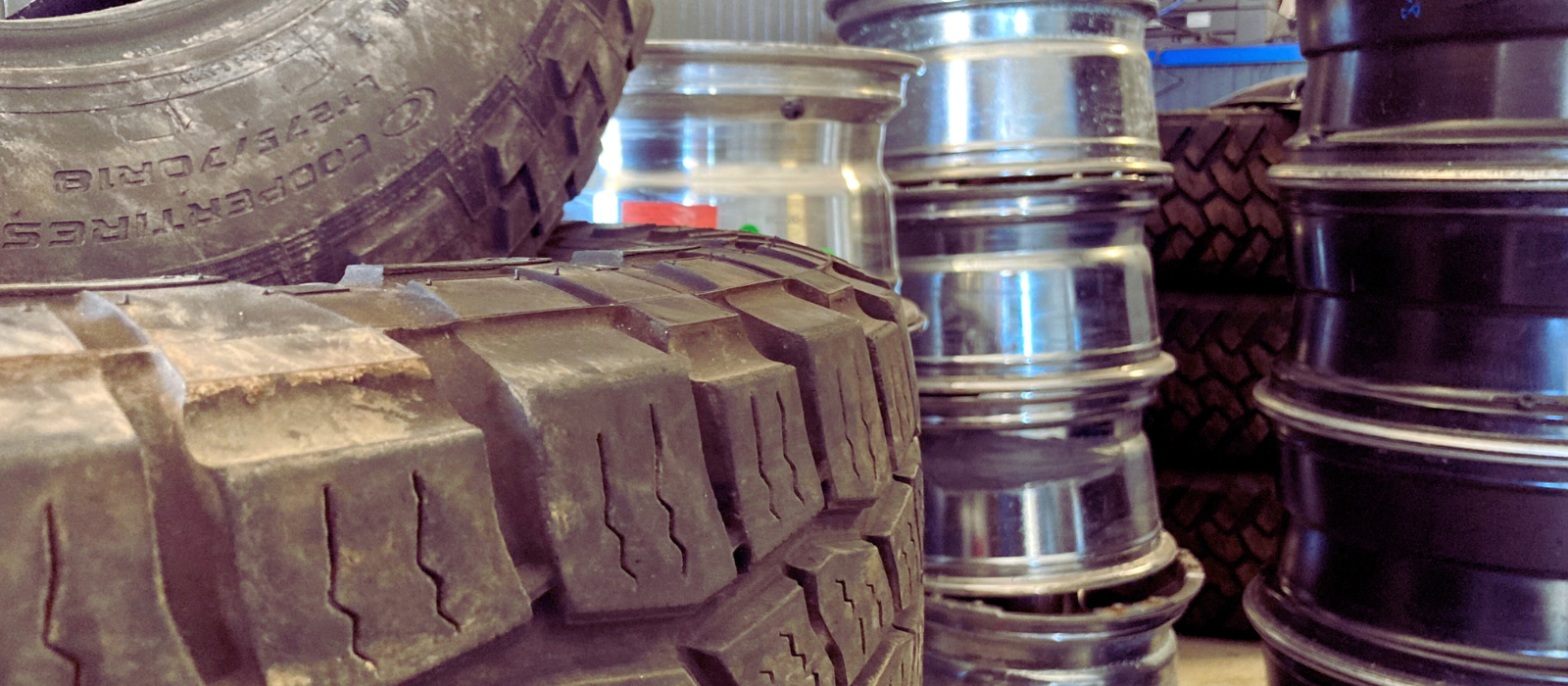You may have heard that buying salvaged tires is a bad idea. But, here at Rocki Top, we think it’s a great one! Our salvaged tires have been checked for quality and have been weather checked. Inflation might be going up everywhere else (pun intended!), but buying used tires can save you up to 30-50% (or more!) off retail prices for new tires!
About 30 million used tires are sold in the US each year. When you purchase a used tire, you’re helping reduce, reuse, and recycle – just like we learned in grade school! We love the positive impact buying used tires can have on the environment.
Here are some tips we think are helpful when you’re considering a salvaged tire purchase:
- Check the tread gauge (depth) – Anything less than 4/32” tread gauge may not be a good idea because it will wear out quickly and could become a safety hazard.
- Take a look at the age of the tire – even tires with a good tread gauge might not be the best buy if they’re too old. Old tires may crack or blow out more easily. You can easily determine the age by reading the Tire Identification Number. The last four digits show the week and year of manufacture. For example, 3019 represents the 30th week of 2019. (https://simpletire.com/learn/tire-buying-guides/tire-serial-number).
- Keep an eye out for defects – things like bubbles in the sidewalls or missing chunks, holes, etc. can cause safety hazards or affect the life of the tire.
- Watch for uneven tread wear – If one edge is more worn than the other, it may be due to a bad alignment in the previous vehicle. This can cause the life of the tire to decrease and continue wearing unevenly, even if your vehicle has proper alignment.
- Make sure the size is right – even small discrepancies in size could cause the tire to ruin other parts of your car. Even small size differences could cause the tire to rub against other parts and either harm those parts or the tire itself.
- Finally, when purchasing salvaged tires (and rims) make sure you understand the make of your car and the Original Equipment Manufacturer (OEM) specifications. This will help make sure you’re getting the correct tire and are able to get the most life possible out of it.

No responses yet